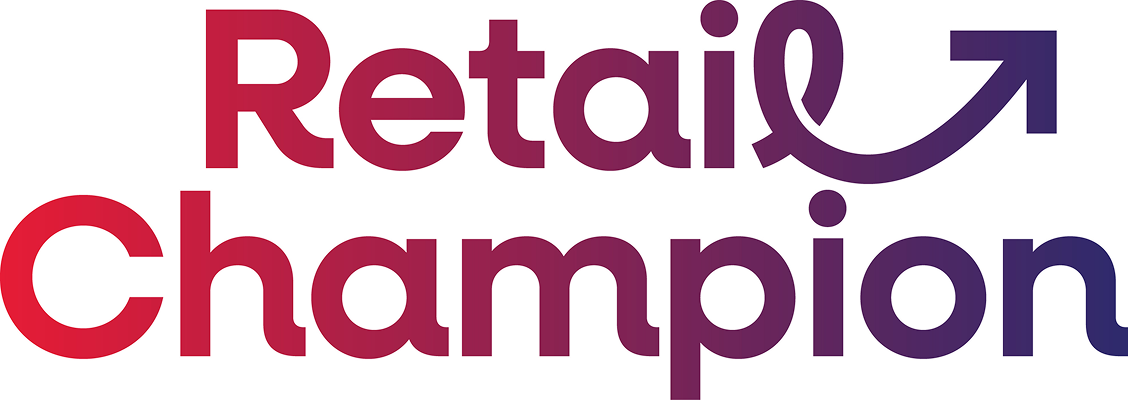Place Making That Makes a Difference
For Town Centres, BIDs, Local Authorities & Retail Event Organisers
A Thriving Town Centre Doesn’t Happen by Accident
It takes a clear strategy, a confident plan, and a team who understands how retail really works.
That’s where we come in.
At The Retail Champion, we help BIDs, councils, town teams and event organisers breathe life into high streets, market towns and city centres across the UK — turning tired spaces into thriving places that people want to visit, explore, spend in and shout about.
Place Marketing That Puts You on the Map (For All the Right Reasons)
A place without a personality is just… a postcode. Great place marketing helps people discover where they are, fall in love with where they live, and crucially, spend more time and money there.
We help towns, cities and districts define their unique character — whether it’s heritage, coastal charm, indie retail, rolling green spaces, thriving markets or standout events and turn it into a place brand with real pulling power. Our campaigns span digital and print, social and signage, PR and partnerships, all designed to invite footfall (both physical and digital) and create communities that care.
No cookie-cutter templates. Just creative, credible marketing strategies that are rooted in each town’s strengths — and backed up with data, design and results.
More Than Just Events
Yes, we love a good event (we’ve run hundreds of them). But if you think place making starts and ends with bunting and buskers, think again.
We look at the full picture:
- Shopfronts and signage
- Street scenes and wayfinding
- Parking and accessibility
- Public realm and place personality
- And yes, a cracking calendar of events to pull it all together
We combine strategy with practical support across:
- Public realm and placemaking strategy
- Street scene, signage, and visitor experience
- Retail and leisure mix reviews
- Markets and meanwhile use activation
- And yes — retail events that actually deliver results
This isn’t about papering over the cracks. It’s about creating a sustainable destination strategy that aligns physical space, retail mix, customer experience and commercial opportunity — and keeps your place buzzing 365 days a year.
Start With a Place Audit
Before you can fix it, you need to see it. Our Place Audits give you an honest, independent view of what’s working, what’s not, and what’s turning potential visitors into drive-bys.
We dig deep into:
Visitor journey — what happens from arrival to departure
Footfall flows — where people go, where they don’t, and why
Public realm — street furniture, green space, lighting, vibe
Retail mix — shops, services, F&B, markets, pop-ups
Vacant units — and how to put them to better use
Signage & wayfinding — from fingerposts to trail maps
Parking & accessibility — the make-or-break factors
Partnerships — who’s playing nicely and who could be
Events — what’s adding value, and what’s just adding noise
From there, we create a punchy, practical plan of action — with quick wins and longer-term strategies that stakeholders can actually deliver.
Engage Your Businesses, Build Real Buy-In
If you’re not bringing your businesses with you, you’re just shouting into the void.
We prioritise business engagement as a cornerstone of successful place making. That means:
- Workshops and listening sessions with local traders
- One-to-one consultations with retailers and operators
- Support for digital transformation, footfall growth, and local collaboration
- Safety planning, risk assessments & logistics
- Helping BIDs and councils communicate changes clearly — and with credibility
We don’t just work on places. We work with the people in them.
Championing Your Market Offer
Markets are the original high street. And when they’re done well, they’re powerful footfall magnets and community anchors.
We help you:
- Audit and reposition your market offer
- Support traders with skills, promotions and digital know-how
- Curate specialist, seasonal and farmers' markets
- Create activation plans to drive visibility and spend
- Deliver events and campaigns that put your market at the heart of the town
We know how to elevate your market from overlooked to unmissable.
Real Change. Not Just Window Dressing.
We don’t do “write a strategy, file it, forget it.”
We help you create places that feel better, trade better and perform better.
Whether you're reimagining a town centre, managing a BID levy, or planning a series of retail events to boost local footfall, we help you:
- Shape a compelling place narrative
- Build a balanced offer for residents, visitors & businesses
- Design events that deliver footfall and revenue
- Activate meanwhile use and boost local enterprise
- Align all activity into one joined-up strategy
This is how places stay relevant. This is how they grow.
Want to Shape a Place People Love?
Whether you’re planning a pop-up programme or a five-year masterplan, we’re here to help you build a place that works — for people, for businesses, and for the future.
Let’s talk about your place strategy.
And while you’re here, don’t miss our Event Management services — because an unforgettable event calendar deserves a destination to match.
